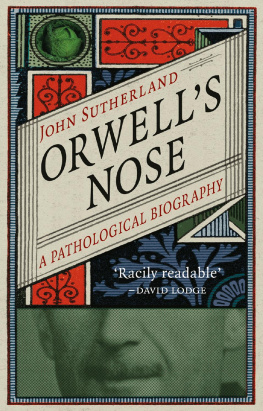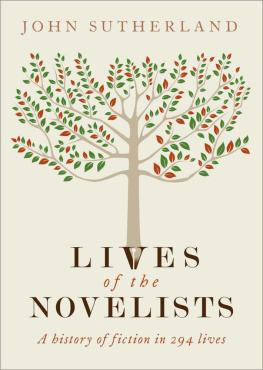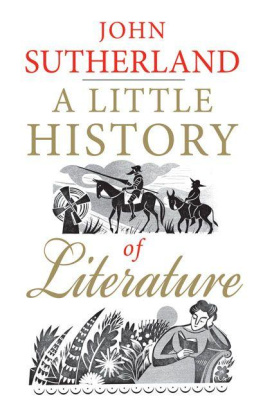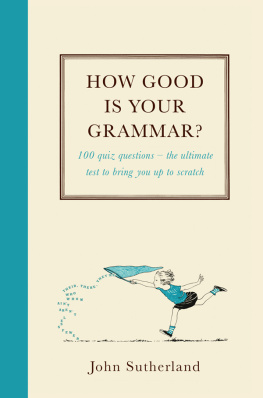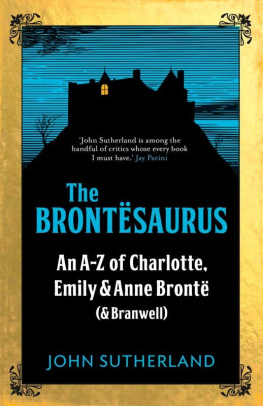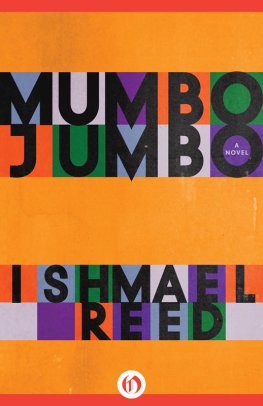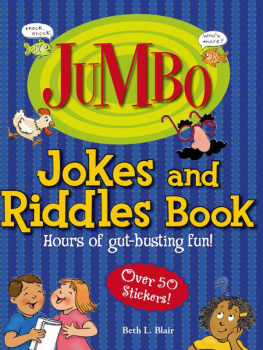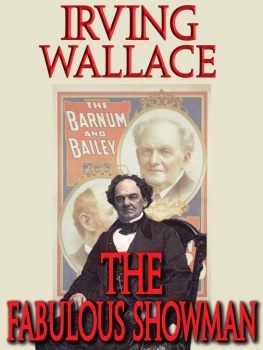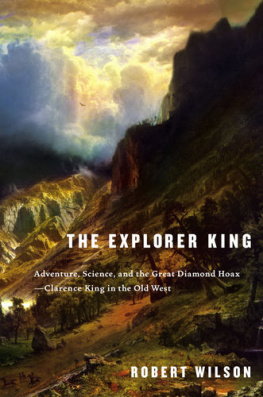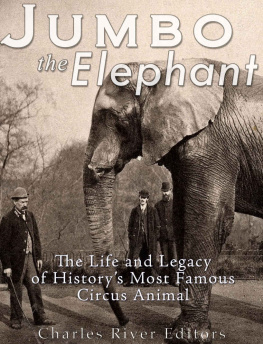Also by John Sutherland
Thackeray at Work
Victorian Novelists and Publishers
Fiction and the Fiction Industry
Bestsellers: Popular Fiction of the 1970s
Offensive Literature
The Longman Companion to Victorian Fiction
Mrs Humphry Ward: Eminent Victorian, Pre-eminent Edwardian
Sir Walter Scott: A Critical Life
Victorian Novelist, Publishers, and Readers
Is Heathcliff a Murderer?
Can Jane Eyre be Happy?
Who Betrayed Elizabeth Bennet?
Where was Rebecca Shot?
Is Henry V a War Criminal? (with Cedric Watts)
Stephen Spender: The Authorized Biography
Last Drink to LA
The Literary Detective
Reading the Decades
The Boy who Loved Books
How to Read a Novel
Curiosities of Literature
Magic Moments
The Dickens Dictionary
Bestsellers: A Very Short Introduction
How Literature Works
Love Death Sex and Words (with Stephen Fender)
Lives of the Novelists: A History of Fiction in 294 Lives
A Little History of Literature
JUMBO
The Unauthorised Biography of a Victorian Sensation
John Sutherland

First published in 2014 by
Aurum Press Ltd, 7477 White Lion Street, London N1 9PF
This eBook edition first published in 2014
Copyright John Sutherland 2014
The moral right of John Sutherland to be identified as the author of this work has been asserted by him in accordance with the Copyright, Designs and Patents Act 1988.
All rights reserved
This eBook is copyright material and must not be copied, reproduced, transferred, distributed, leased, licensed or publicly performed or used in any way except as specifically permitted in writing by the publishers, as allowed under the terms and conditions under which it was purchased or as strictly permitted by applicable copyright law. Any unauthorised distribution or use of this text may be a direct infringement of the authors and publishers rights, and those responsible may be liable in law accordingly.
Picture credits: ANSP Archives Collection 49: 200;
Every effort has been made to trace the copyright holders of material quoted in this book. If application is made in writing to the publisher, any omissions will be included in future editions.
eBook conversion by Quayside Publishing Group
Digital edition: 978-1-78131-246-9
Softcover edition: 978-1-78131-244-5
To the Last Living African Elephant
Other biographical titles:
The Man Who Went into the West
by Byron Rogers
Aurum Press Ltd
Print & ebook
The Last Englishman: The Life of J.L. Carr
by Byron Rogers
Aurum Press Ltd
Print & ebook
Walt Disney
by Neal Gabler
Aurum Press Ltd
Print & ebook
Contents
I AM BECOME A NAME
(Alfred Lord Tennyson, Ulysses)
A Note on the Text
This is not a biography of the worlds most renowned elephant nor of its famed owners, the London Zoo and Phineas T. Barnum. Those things have been expertly done elsewhere, and I am grateful and indebted to them. What is offered here is, to borrow a term from the first time I saw the elephant (on screen, that is), a kind of fantasia. Call it elephantasia.
Acknowledgements to a number of authors whose work I have drawn on will be found in the endnotes. But, at the outset, I must express particular thanks to Paul Chamberss Jumbo: This Being the True Story of the Greatest Elephant in the World (2009). What follows here does not aim to supersede his masterly biography; my intentions are more free-ranging and egotistical. As has anyone who has opened its pages, I have been consistently delighted and instructed by F.C. Sillar and R.M. Meylers Elephants: Ancient and Modern (1968).
Jumbo: Private Passion, Local Pride
In AD 34 Colchester Camulodunum, as the recently invading Romans called it was holding out remarkably successfully against the mightiest empire in the world. The invaders had been attracted to the damp, cold, unwelcoming, irritatingly wineless country for its mines and slaves (non angli, sed angeli, etc). A rag-bag of blue-arsed warriors, under Caratacus, were keeping the legions at bay outside the ramparts. The town was important to the resistance, the capital of the Catuvellauni tribe. Tribes have always been big in Colchester.
It was the battle which would turn the war. The Emperor Claudius (later to be immortalised by Robert Graves) was impatient. Although not in terrific physical shape he came himself to England. (If you want something done, do it yourself.) With him came reinforcements, artillery (the boulder-hurling kind) and thirty-eight war elephants. Not since the distant prehistoric days of the hairy mammoth had a pachyderm hoof shaken British soil. I myself have seen a train of sad circus elephants attract virtually the whole gawping population of Colchester as they trooped through the High Street to their tents in the Castle Park, the luckless fellow with the big shovel and bucket following. God knows what the goggle-eyed Catuvellauni thought when they saw these monsters. Morale collapsed.
Colchester fell in days, the British tribes surrendered en masse, Claudius awarded himself the title Britannicus and went home, leaving the tedious mopping up to his generals and the man with the shovel and bucket. What happened to the elephants was not recorded, although some bones found at the nearby port of Harwich (where boats left for Rome) suggests that at least one did not make it back for the triumphal parade through the capital (some spoilsport palaeontologist claims they are mammoth bones, which I prefer to disbelieve it would be nice to think my town could claim at least one kill).
Civilisation had come to Colchester (subsequently named, oddly, after old King Coel another story). It had come borne on the back of the largest, most fearsome beast on earth. To this day brochures urge the tourist to Visit Colchester, Britains oldest recorded town and soak up its history. Walk through the Roman streets where Emperor Claudius once rode triumphantly on an elephant. Its a bit of a stretch that he actually came in perched on the thing, like Sabu the Elephant Boy but vivid, and it draws in the punters.
The Romans stayed some 300 years before the tribes, on every frontier, drove them out again. They left behind a castle (later taken down and rebuilt, with the original material, by the Normans), whose defensive walls still substantially stand to this day (I myself, in my barbarous childhood, loved to climb them) and which served the town excellently in its great Civil War siege, coins, and huge amounts of shards and shells. The Romans were particularly fond of the Mersea oysters, for which the town is still famed, and whose world-beating quality it celebrates annually and guzzlingly with the Oyster Feast.
Had the Romans stayed, Colchester would have remained the countrys capital, rather than Londinium. Colcestrians are still sore about that, as they are that their football team rarely makes it out of the Third Division and that envious bureaucrats appointed Chelmsford the Essex county town. A certain rueful frustrated gigantism lingers elephantiasis of the soul.
In 1883, in the great late-Victorian urban boom, the town erected its huge four-legged water tower, at the crest of one of the two large hills on which the towns centre rests. It is (and was) the second-largest water tower in Britain. Over a million locally baked bricks went into its massive construction.
Next page


